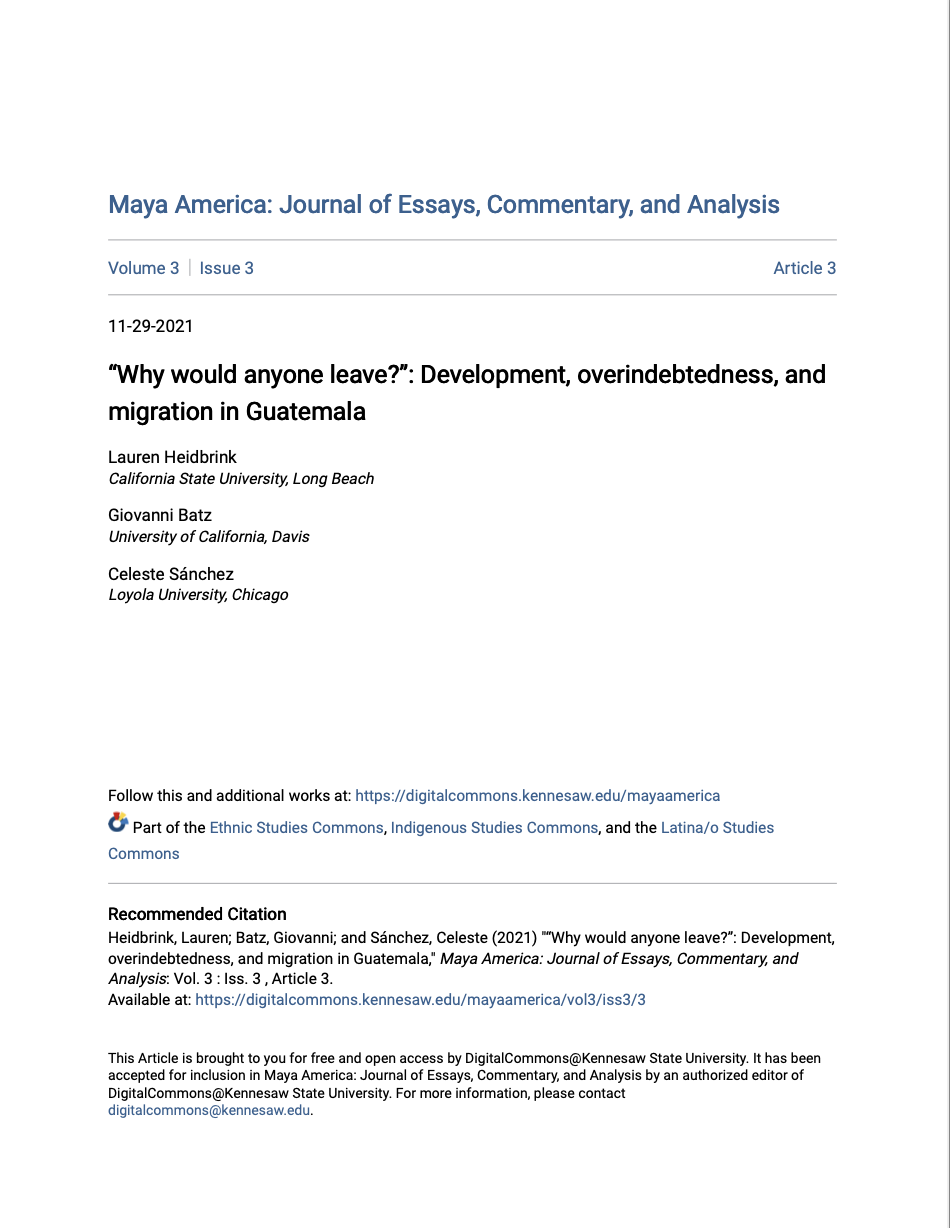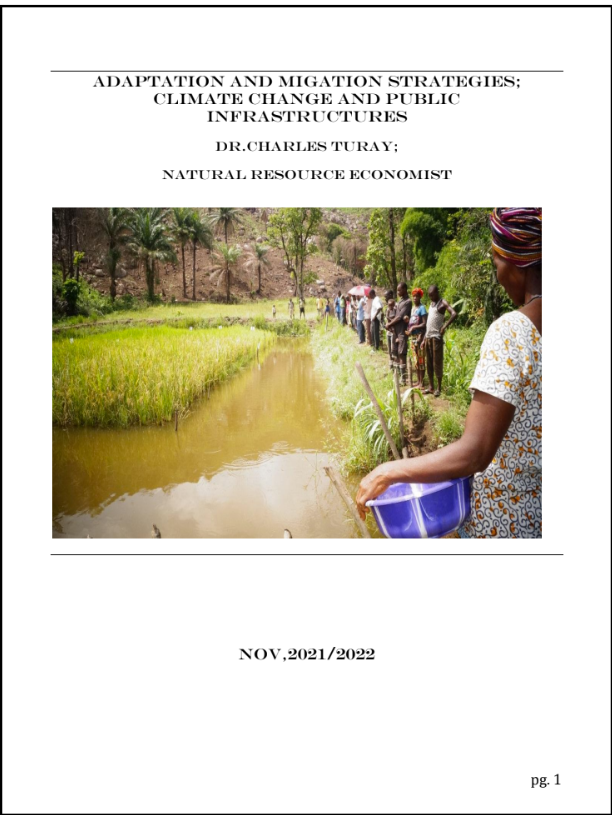Heterologous expression of the Haynaldia villosa pattern-recognition receptor CERK1-V in wheat increases resistance to three fungal diseases
Wheat production is under continuous threat by various fungal pathogens. Identification of multiple-disease resistance genes may lead to effective disease control via the development of cultivars with broad-spectrum resistance. Plant Lysin-motif (LysM)-type pattern-recognition receptors, which elicit innate immunity by recognizing fungal pathogen associated molecular patterns such as chitin, are potential candidates for such resistance. In this study, we cloned a LysM receptor-like kinase gene, CERK1-V, from the diploid wheat relative Haynaldia villosa.





